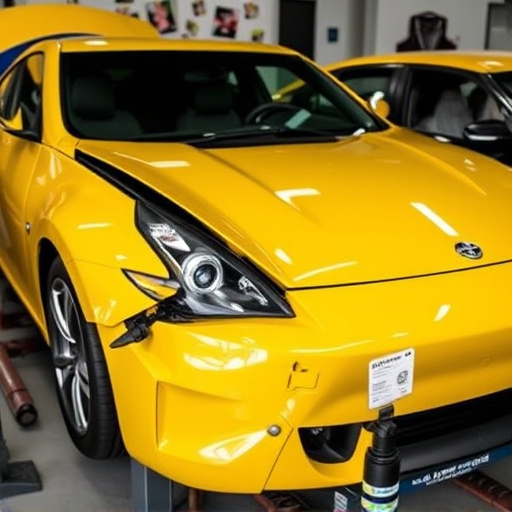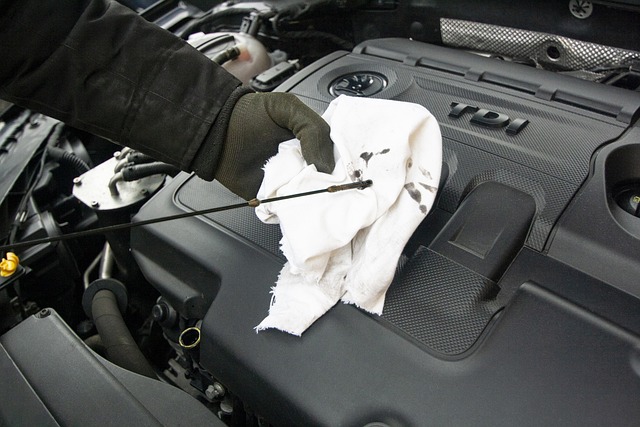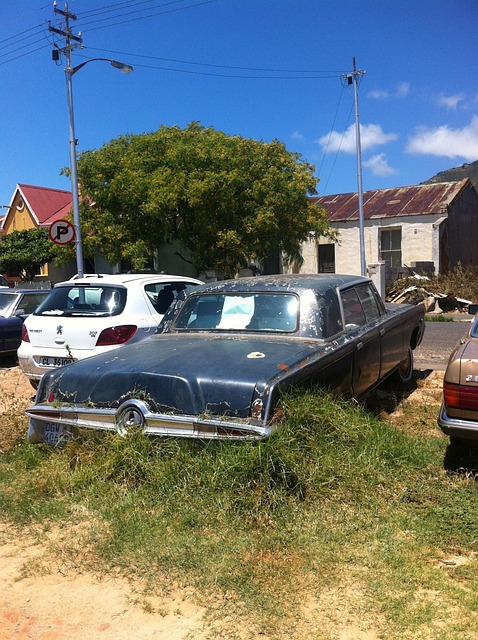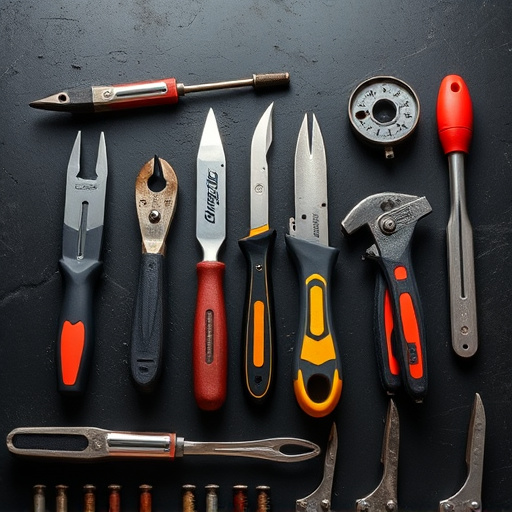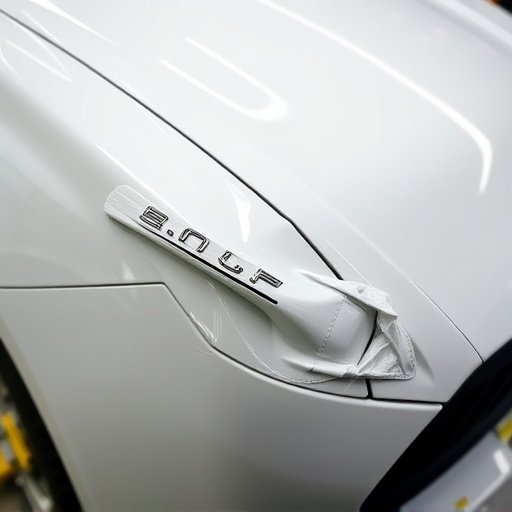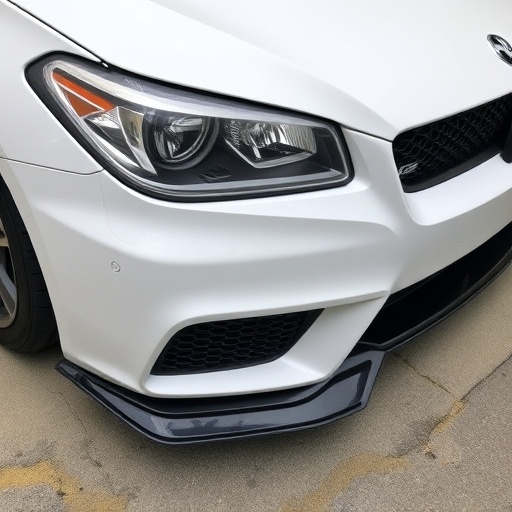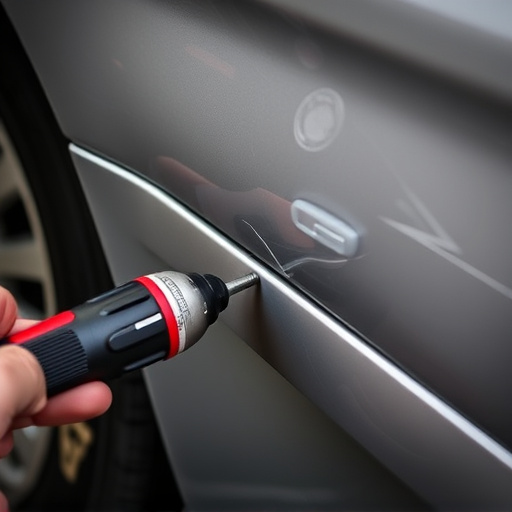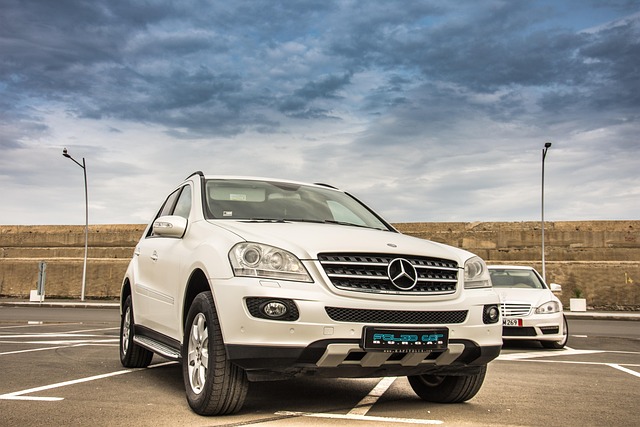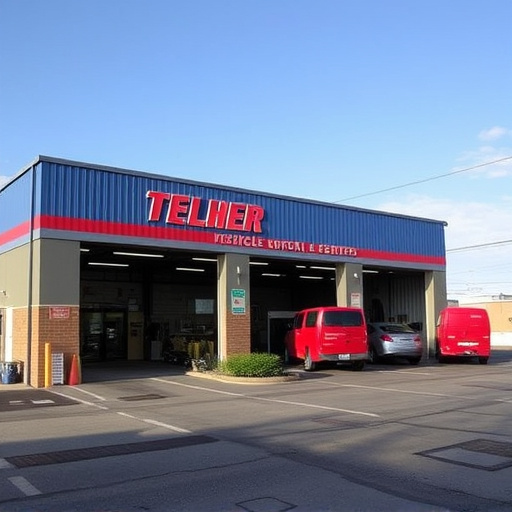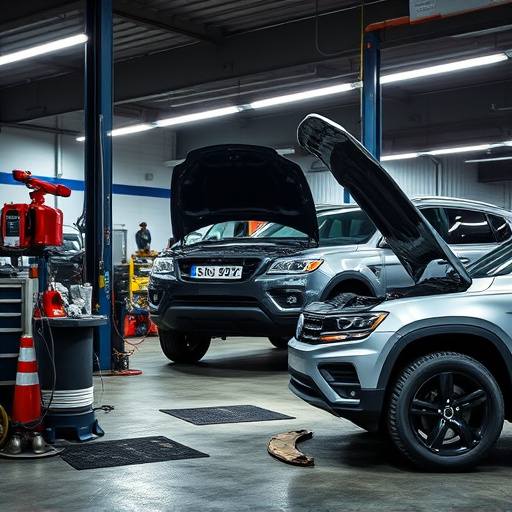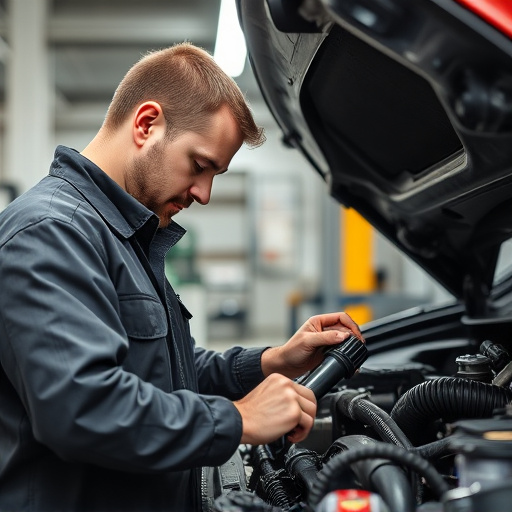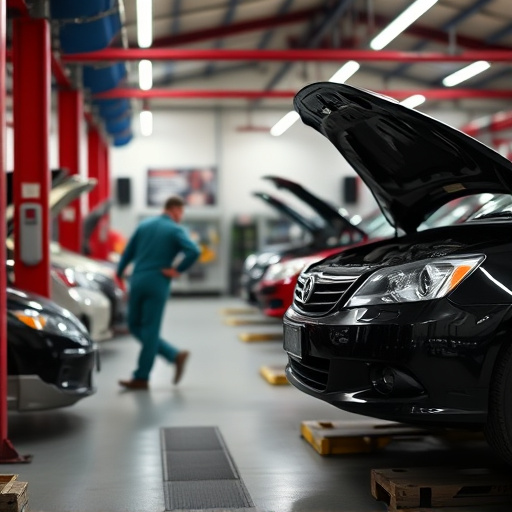Highway collision centers are specialized automotive facilities offering comprehensive vehicle repairs after accidents. Trained professionals provide structural repairs, frame straightening, and advanced CAD measurements to restore vehicles to pre-accident condition. These centers streamline insurance claims processing and offer convenient one-stop car care for customers in the digital age. When choosing between a highway collision center and a dealership, consider your specific vehicle repair needs, budget, and desired services to make an informed decision.
When your vehicle needs repairs, choosing between a highway collision center and a dealership can be daunting. This article guides you through the decision-making process by first exploring the services and advantages of highway collision centers—specialized facilities offering expert repairs, competitive pricing, and convenience. We then delve into the role of dealerships, highlighting their expertise in brand-specific maintenance and after-sales support. By comparing these options, you’ll be equipped to make an informed decision for your vehicle’s needs.
- Understanding Highway Collision Centers: Services and Advantages
- The Role of Dealerships in Car Repairs and Maintenance
- Comparing Options: Making an Informed Decision for Your Vehicle
Understanding Highway Collision Centers: Services and Advantages
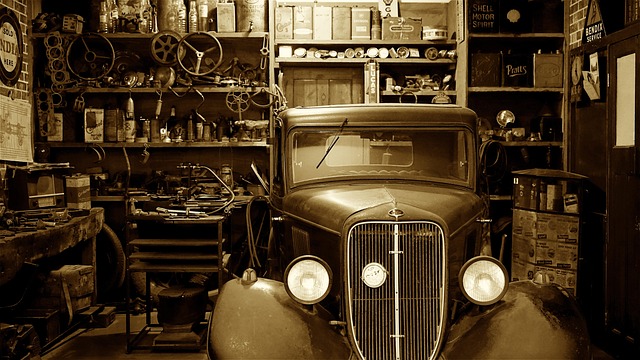
Highway collision centers are specialized facilities designed to handle vehicle repairs after accidents. These centers offer a wide range of services tailored to restore vehicles to their pre-accident condition, ensuring safety and roadworthiness. Beyond basic repairs, many collision centers provide advanced services such as structural repairs, frame straightening, and computer-aided design (CAD) measurements for precise work.
The advantages of using a highway collision center are numerous. They employ trained professionals skilled in various aspects of vehicle repair, including body shop services and vehicle bodywork. These facilities also offer quality vehicle paint repair, ensuring that your car not only functions well but also looks as good as new. Additionally, collision centers often work with insurance companies, streamlining the claims process for a smoother experience for accident victims.
The Role of Dealerships in Car Repairs and Maintenance
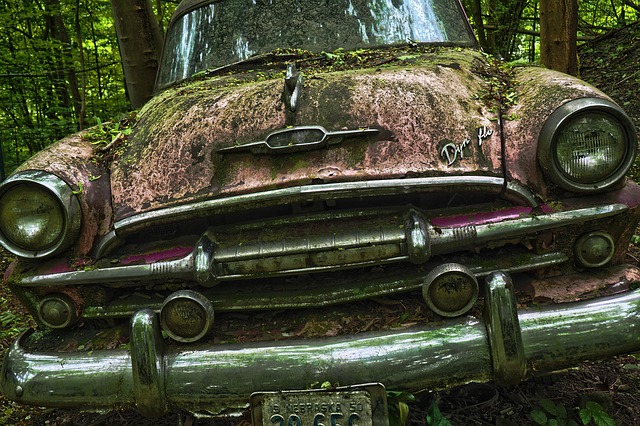
In today’s digital era, dealerships play a pivotal role in the automotive industry, extending far beyond just selling new and used cars. Many reputable dealerships now offer comprehensive car repair and maintenance services, acting as a one-stop shop for all vehicle needs. These facilities are well-equipped to handle various tasks, from routine oil changes and brake inspections to more complex repairs such as engine overhauls and auto body restoration.
Dealers with specialized departments, often referred to as highway collision centers, provide expert services in car bodywork. They offer a range of solutions, including minor dent repairs, paint jobs, and even full-scale car restoration for severely damaged vehicles. This convenience is particularly appealing to customers who value the ease of having their entire vehicle’s health managed under one roof, potentially saving time and hassle compared to visiting separate repair shops.
Comparing Options: Making an Informed Decision for Your Vehicle

When it comes to choosing between a highway collision center and a dealership for your vehicle’s repairs, an informed decision is crucial. Both options have their unique advantages and considerations. A highway collision center specializes in repairing damaged vehicles, offering expertise in vehicle restoration and car bodywork services. They are equipped to handle various types of collisions, ensuring your car is restored to its pre-accident condition.
On the other hand, dealerships provide a one-stop solution for all your automotive needs, including repairs, maintenance, and even new or used car purchases. While they may not offer the same level of specialized vehicle restoration as collision centers, dealerships often have access to genuine parts and certified technicians, ensuring high-quality work. Comparing these options, it’s essential to assess your specific needs, budget, and the extent of the required repairs to make a decision that best suits your and your vehicle’s interests.
When deciding between a Highway Collision Center and a dealership, understanding their unique roles is key. While dealerships offer comprehensive services from maintenance to sales, collision centers specialize in repairing damage, often with faster turnaround times and competitive pricing. After considering the advantages of each, making an informed decision allows you to choose the best option for your vehicle’s needs. Whether it’s routine maintenance or a major accident, knowing which path to take ensures your peace of mind and keeps your car running smoothly.

